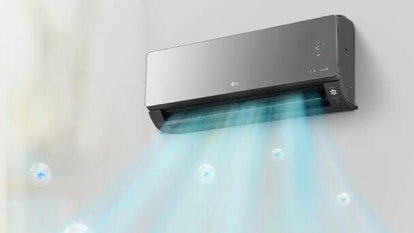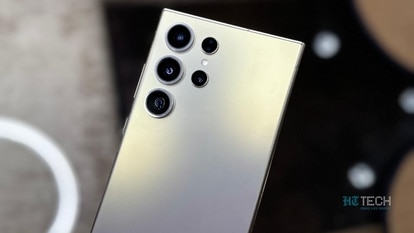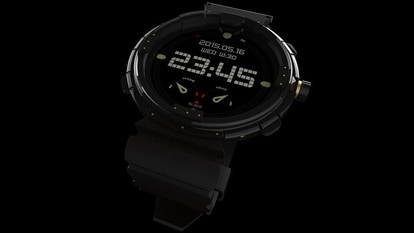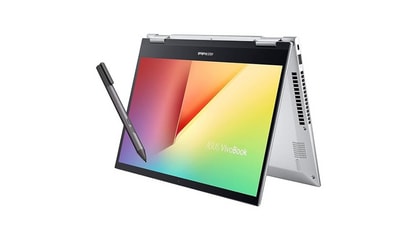Google plans AI microscope to detect cancer; small clinics, patients to benefit in big way
Google, in collaboration with the U.S. Department of Defense, is developing an AI-enabled microscope that will help doctors to detect cancer cells automatically.
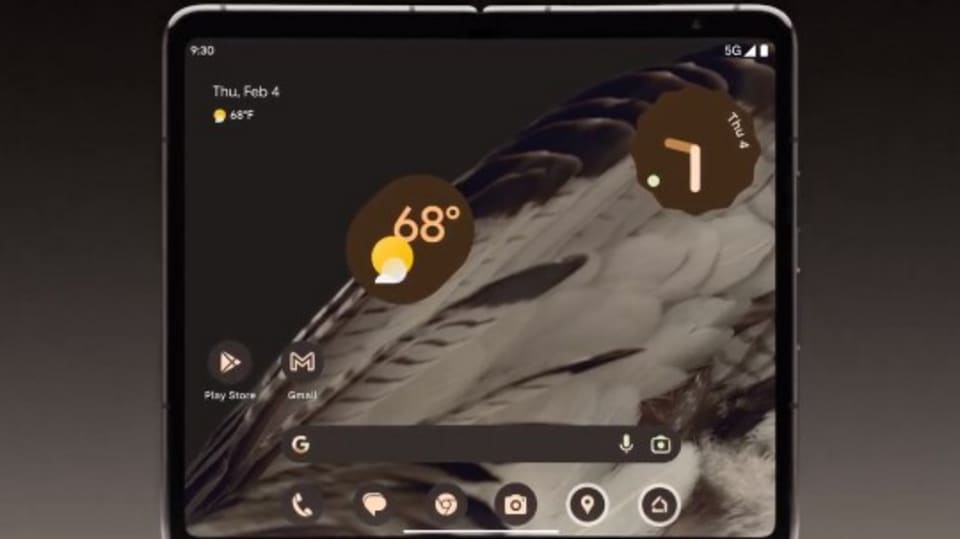
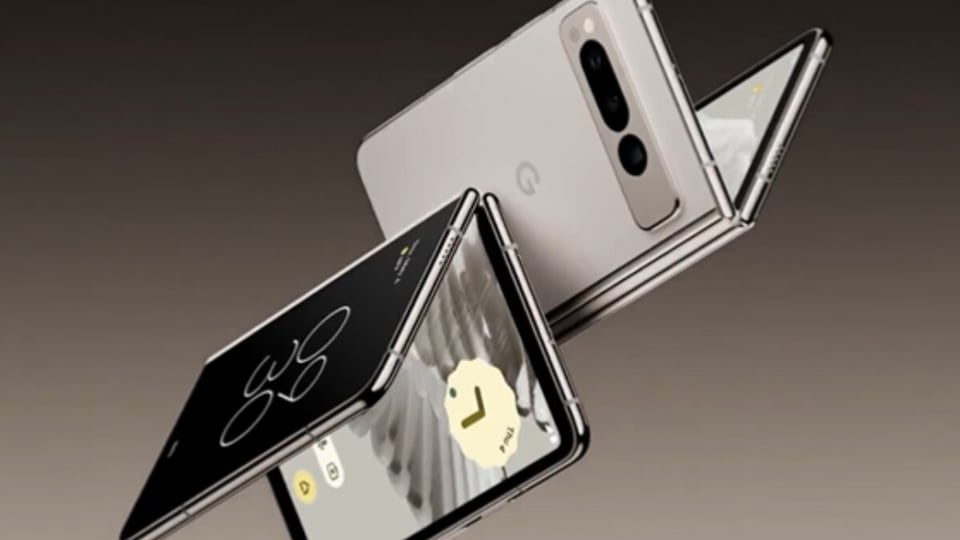
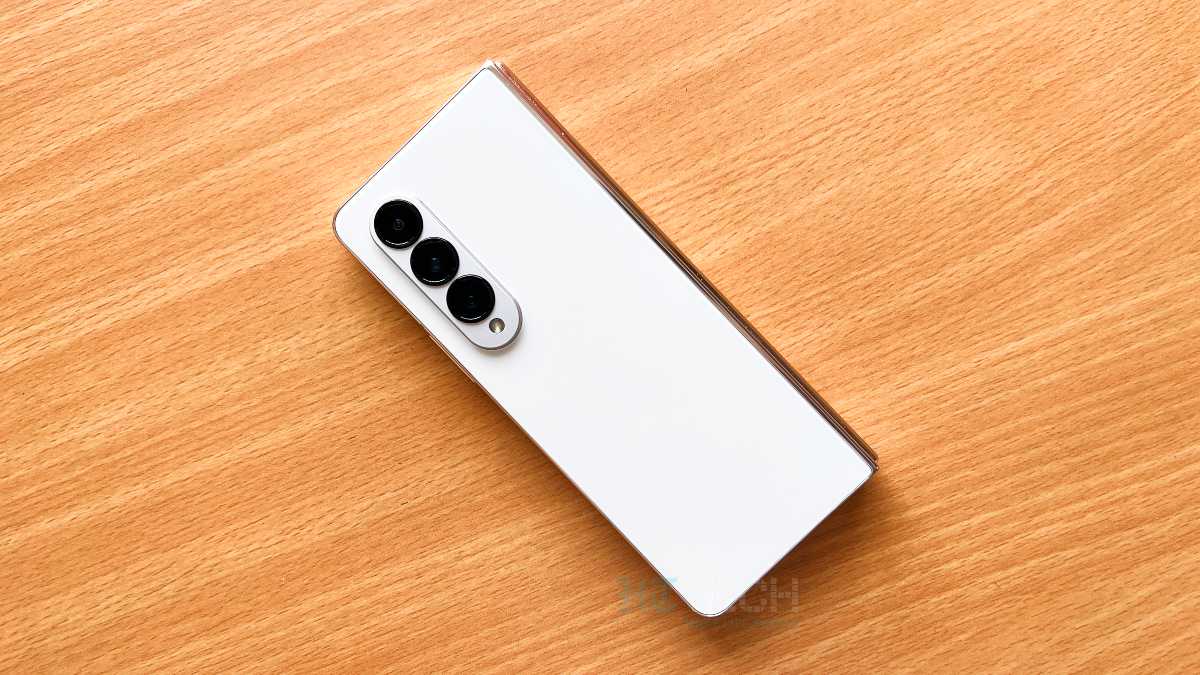


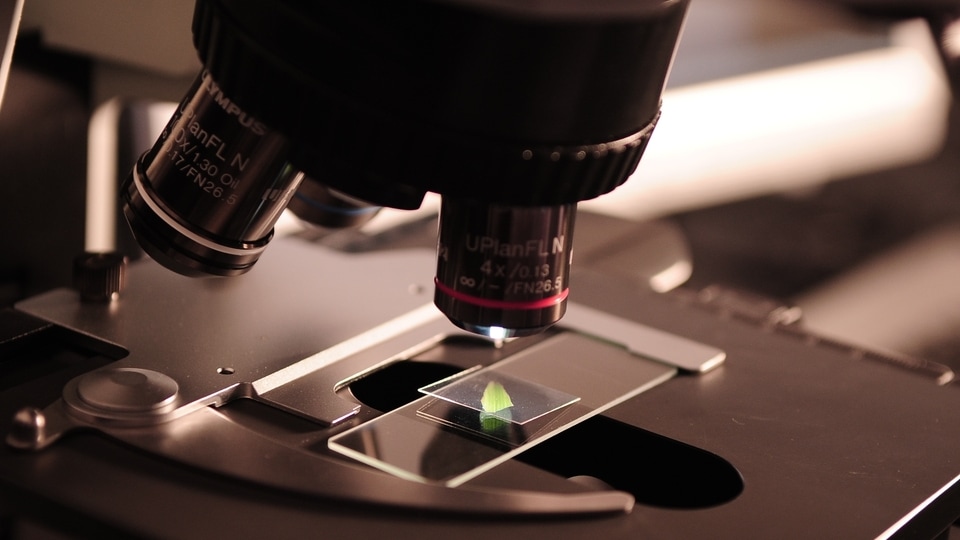
 View all Images
View all ImagesOver years the Google has been investing in various AI startups to create something extraordinary. Now, Google has new plans for healthcare workers in the cancer department as it has teamed up with the U.S. Department of Defense to develop an automated cancer detection microscope. As per reports, the microscope will be AI-powered which will make the doctor's job easier and save time too. Know what this Google AI-powered microscope is all about.
Google's augmented reality microscope (ARM)
The augmented reality microscope (ARM) was first introduced by Google back in 2018. They also released a detailed report in which they talked about how deep learning tools can benefit pathologists along with how the microscope will generate automated data through machine learning algorithms. According to a CNBC report, there are now a total of 13 ARMs in existence. As of now, the tool is being tested in terms of its credibility and whether it will be useful for clinics or not.
According to Google, the ARM will be able to provide visual data such as arrows, contours, heatmaps, animations, object detection, quantification, or classification. The collaboration aims to equip small clinic practitioners with advanced tools to provide effective care. Therefore, the ARMs may cost between $90,000 to $100,000.
Patrick Minot, a senior autonomous systems engineer at Mitre said that As part of pathologists' processes, ARM ensures that the microscope will remain an integral element, not just a computer. As of now, Google has not disclosed its actual cost and availability in the market. However, it may soon be made available after all the tests and trials.
Google's augmented reality microscope (ARM) will give hope to small hospitals as well as patients for early detection and hope for the right treatment. Now healthcare practitioners have very limited resources to treat and detect severe cancer and the whole healthcare sector is in need of advanced tools that will not only reduce the time but also reduce the labour and other hassles involved. The healthcare sector needs more of these advancements which can help detect more serious diseases.
Catch all the Latest Tech News, Mobile News, Laptop News, Gaming news, Wearables News , How To News, also keep up with us on Whatsapp channel,Twitter, Facebook, Google News, and Instagram. For our latest videos, subscribe to our YouTube channel.






















